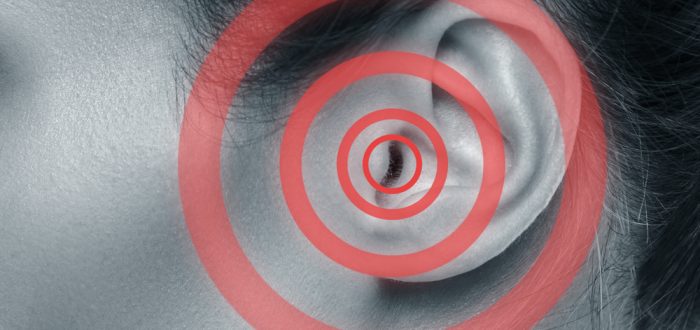Tinnitus can affect anyone. It can be a temporary (acute) condition, or a long term (chronic) one. It’s unpleasant, but rarely a sign of anything serious. Most tinnitus symptoms are subjective, meaning that only the sufferer can hear them.
Millions of Americans report experiencing symptoms of tinnitus. For some, it can be mild, where it’s more of a daily annoyance. For others, it can impact quality of life and become a serious cause of anxiety.
A study has suggested that in some cases, people being treated with a common class of antidepressants may experience worse tinnitus symptoms.
What is Tinnitus?
Tinnitus symptoms can be frustrating; they can interfere with sleep, your ability to hear and concentrate. Tonal sounds are almost constant and the volume can vary. Pulsatile sounds are often in-time with the heartbeat. On infrequent occasions, sounds can involve music or singing.
Here are just some sounds that sufferers of tinnitus describe:
- Ringing
- Buzzing
- Clicking
- Hissing/static
- Whooshing
- Ocean waves
- Crickets
- Music
The American Tinnitus Association (ATA) put together a list of the most commonly heard tinnitus sounds, which you can listen to here.
Study Shows Antidepressants May Worsen Tinnitus
People with hearing loss and tinnitus may socially isolate themselves. Rather than risk social embarrassment, it’s easier to avoid social situations altogether.
Overtime, this can lead to feelings of depression. In some cases, primary healthcare physicians will prescribe antidepressants. Common antidepressants use something called selective-serotonin repute inhibitors (SSRIs). These work to increase the ‘feel good’ hormone serotonin.
A study published in the journal Cell Reports highlights that this may, in fact, be a double-edged sword.
The SSRIs work to reduce the symptoms of depression. Yet, it turns out, it may be worsening symptoms of tinnitus.
In the study, researchers examined brain tissue in mice. They specifically look at the dorsal cochlear nucleus, which is where sensory integration and tinnitus occurs. The dorsal cochlear nucleus is home to neurons known as fusiform cells. When analyzing their results, the researchers found that the neurons were overly stimulated when exposed to serotonin.
“We saw that the activity of those neurons went through the roof,” said senior author Laurence Trussell, Ph.D., a professor of otolaryngology in the OHSU School of Medicine and scientist in the OHSU Vollum Institute.
So what does this mean for people with tinnitus who are also taking antidepressants?
“If you’re a physician treating a patient for depression who also has hearing loss or tinnitus, you may want to be careful about prescribing a drug that compounds their feelings of anxiety,” said Trussell. “The SSRI may be enhancing the thing you’re trying to fix.”
Research into this potential link is ongoing. However, if you have been struggling with tinnitus and also take antidepressants, we recommend discussing this with your primary physician.
Need Help? Contact Us Today!
Still have questions? At Anderson Audiology, our hearing specialists are on hand to help. Call us today on 702-997-2964. Alternatively, click here to request an appointment online.

